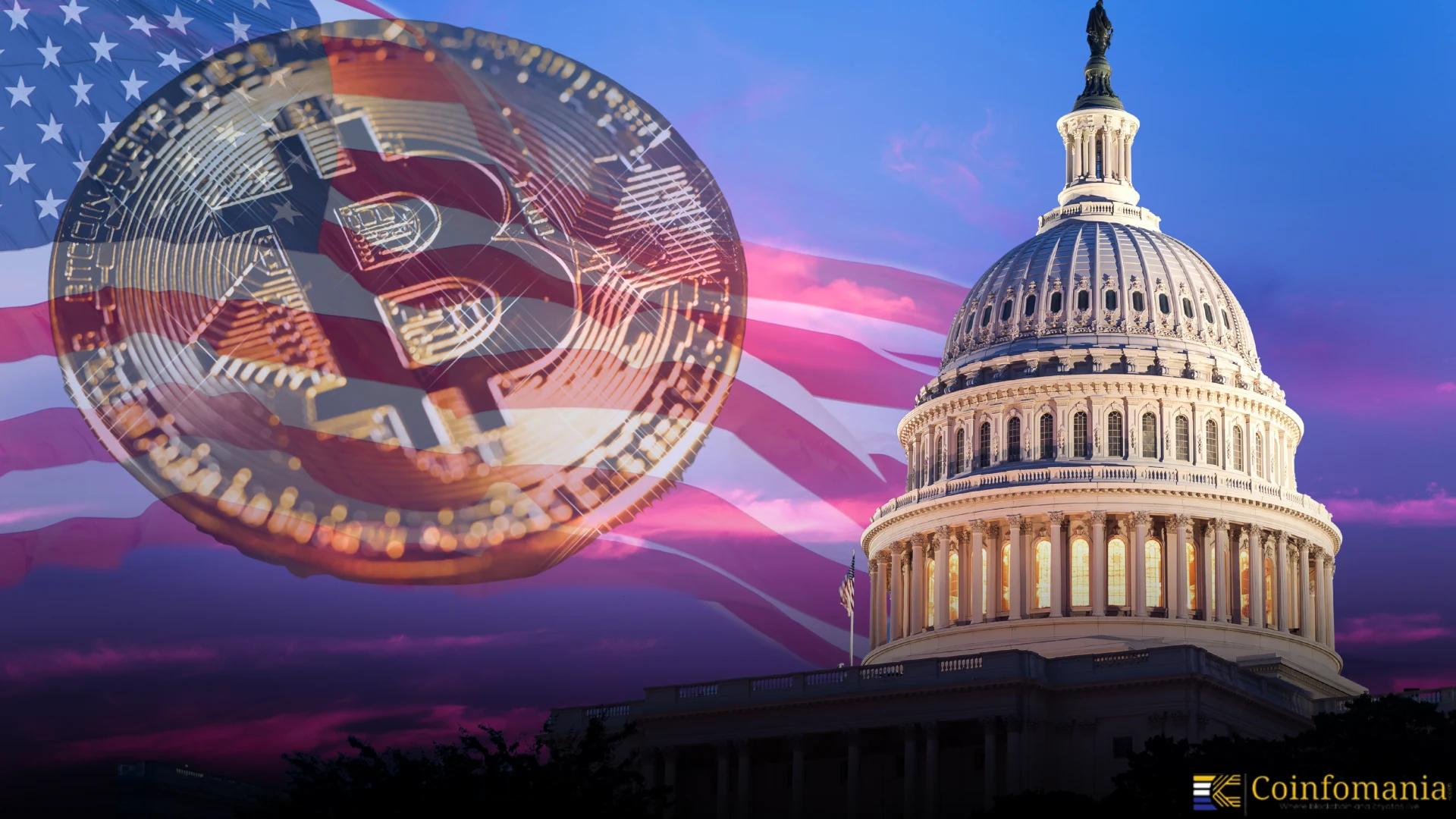Senate Panel Releases Updated Draft of Crypto Bill
The Senate Banking Committee’s updated crypto bill sets new rules for developers, staking, and airdrops while sparking debate.

Quick Take
Summary is AI generated, newsroom reviewed.
Senate committee introduces most detailed crypto bill for market structure
Crypto bill shields developers and validators from heavy compliance burdens
Airdrops and staking clarified as non-securities under draft bill
Over 110 firms back stronger protections amid falling U.S. developer share
Political pushback and global competition shape future of crypto regulation
The Senate Banking Committee has dropped its latest draft on Crypto Regulation, and it is the most detailed attempt yet to define a real Market Structure for Digital Assets in the U.S. What stands out is how far it goes in protecting developers and self-custody through Crypto Bill. For years, the fear was that simply writing code or running validator nodes could expose someone to criminal charges. This draft takes a different view. Developers are shielded from money transmission rules, and validators are kept outside of anti-money-laundering obligations. That may sound technical, but it’s a big step in giving builders space to work without looking over their shoulders.
Protections for Developers and Self-Custody in Crypto Bill
The crypto bill states outright that Airdrops and Tokens are not securities. It unlocks how people can use and distribute tokens without tripping over SEC enforcement. For example, airdrops have become a tool for decentralization. Without clarity, they carried legal risk. With this draft, the message is clearer: if it’s a genuine network activity, it isn’t treated like a stock offering.
Instead of battling for turf, the two agencies would form a joint committee. That could reduce the conflicting guidance that has kept firms stuck in limbo. It also signals that Washington wants to set up rules for Digital Assets that look more like a permanent framework than case-by-case enforcement.
Support Driven by Decline in U.S. Crypto Developers
Industry support has been vocal, though not without conditions. More than 110 crypto companies and investors signed a letter backing stronger developer protections. The data here is telling: the U.S. share of open-source crypto developers has dropped from 25 percent in 2021 to just 18 percent this year. That decline is tied directly to regulatory uncertainty. Without protections, more builders will simply leave.
Senator Warren Pushes Back on Crypto Bill Provisions
On the political side, the fight is far from over. Senator Elizabeth Warren has laid out her objections, from weaker SEC oversight to fears about illicit finance. She argues the crypto bill gives too much ground to industry, especially by letting some assets escape securities classification. That resistance, combined with the 60-vote requirement in the Senate, means the text is unlikely to pass without more changes.
Global Peers Already Moving Ahead with Crypto Frameworks
The EU already has MiCA in place. The UK, Singapore, and Hong Kong are each rolling out their own structures. If the U.S. delays or waters this down, it risks losing the race for digital finance leadership. Caroline Pham at the CFTC put it bluntly: this is about whether America can be the global center for crypto.
The real-world effects could show up quickly. If staking is greenlit, it could reshape crypto ETFs by allowing them to earn yield. Airdrops, freed from securities risk, could become a safer way to spread ownership and strengthen decentralization. These may look like technical fixes, but they change the economic incentives across the sector.
Next Steps for the Crypto Bill in the Senate
Lawmakers plan to take up the crypto bill in markup later this month. A vote could follow before year-end, though the timeline is tight. Bipartisan backing is still up in the air. It sets a new baseline for how the U.S. talks about crypto rules and market structure. It pulls from industry pressure, regulator feedback, and lessons learned from other countries. Whether it passes as written or gets reworked, it marks a shift from enforcement-first toward building a framework that might finally let the U.S. compete in Digital Assets on fair ground.
Follow us on Google News
Get the latest crypto insights and updates.
Related Posts

Bitcoin Hashrate Falls Sharply as US Winter Storm Forces Mining Shutdowns
Vandit Grover
Author

Bitcoin Sudden Drop Sends Shockwaves Through the Crypto Market
Vandit Grover
Author

Hong Kong Regulator to Issue First Stablecoin Licences in March
Shweta Chakrawarty
Author